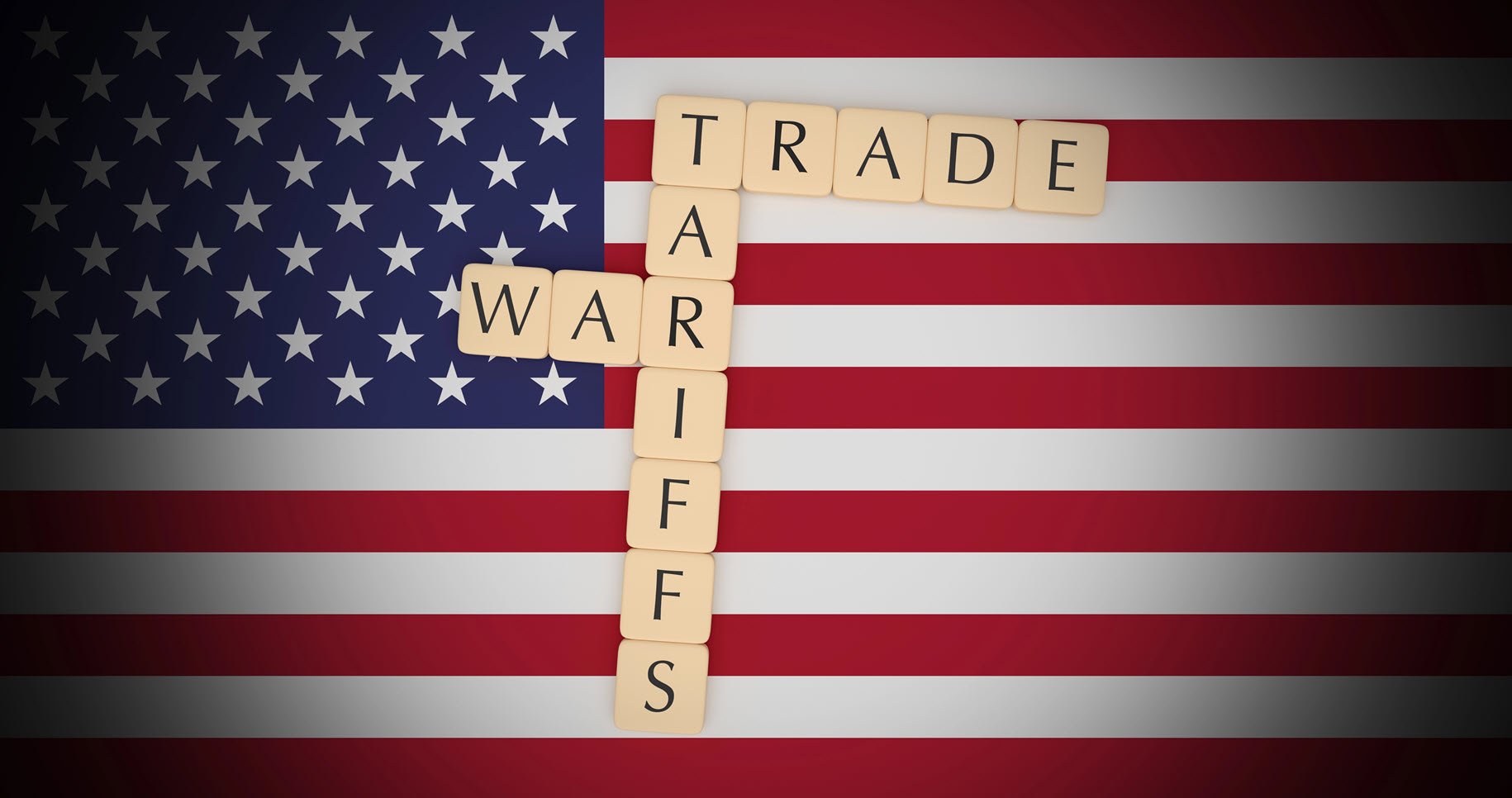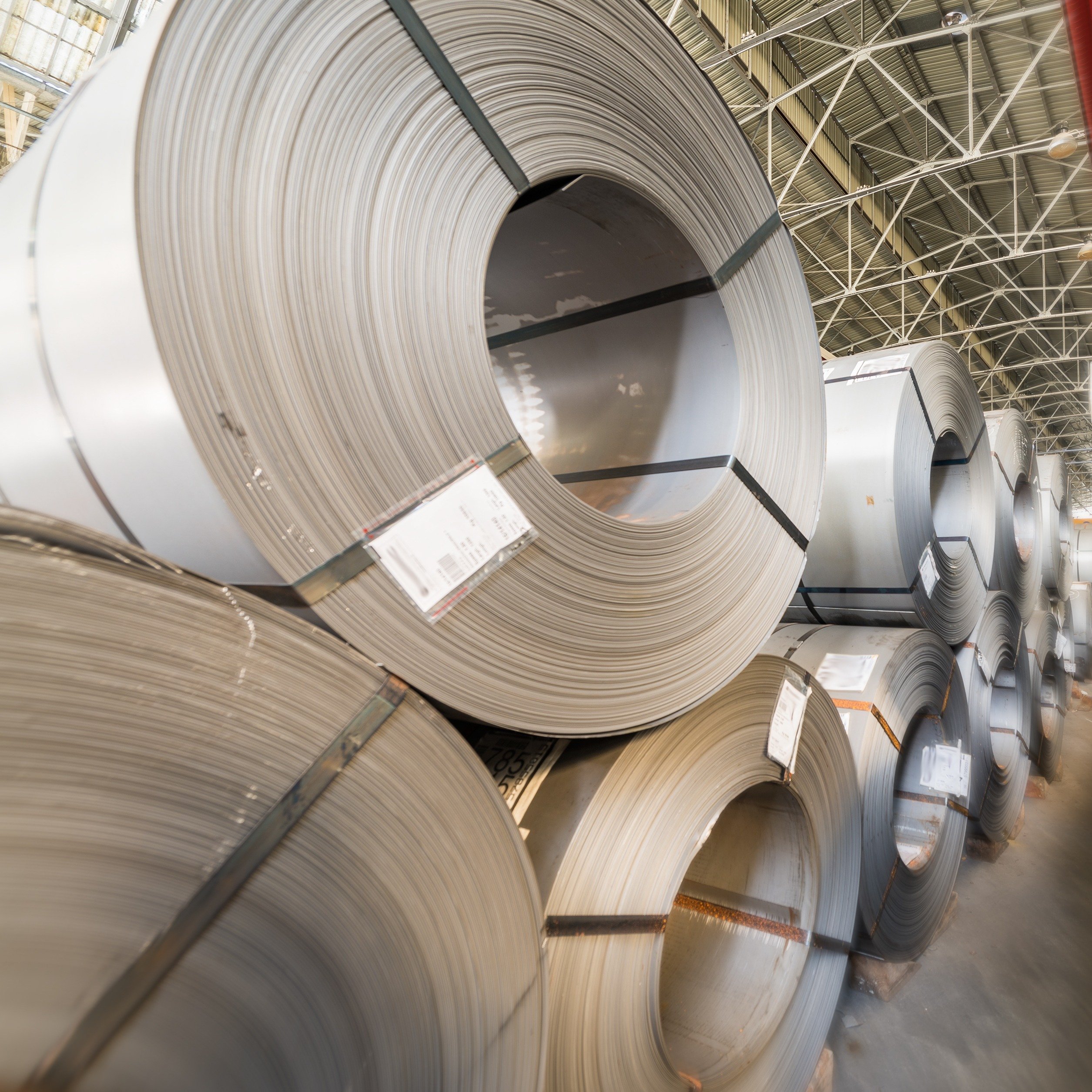Fiscal policy in Germany may be on the cusp of a major shift. Chancellor-elect Merz has announced plans to circumvent its strict debt brake to allow potentially very large additional spending on defence and infrastructure. There are signs there will be a broader agreement on EU fiscal rules to allow other member states to also expand defence spending.
Although not yet a done deal – agreeing this change to German fiscal policy depends on negotiations with the Green party – this is positive news for GDP in Germany and Europe as a whole. It could amount to an increase in spending of around €300 bn across Europe (1.5% of EU GDP) – see chart below. Due to the type of spending, it will be particularly positive for manufacturing, which has been struggling due to a mix of cyclical and structural factors, and the German construction market. Stronger infra spending will also benefit construction. However, this news has already pushed up German interest rates and the euro on the anticipation that stronger demand will mean the ECB cuts rates by less. Higher interest rates and a stronger euro will offset some of the positives, particularly for construction and non-defence export sectors.
Despite the caveats, this represents potentially the most positive news for the European economy since the Covid-19 vaccines. The full impact will depend on the political hurdles being cleared at a German and European level, and on the detail of when and on what the extra funds are spent.
You can follow CRU on LI to keep up to date with our latest thought leadership pieces.
Subscribe to CRU’s services to get full access to our macroeconomic research, coverage of the latest topical issues, and detailed global forecasts of GDP, IP and end-use sectors in our Global Economic Outlook.

















